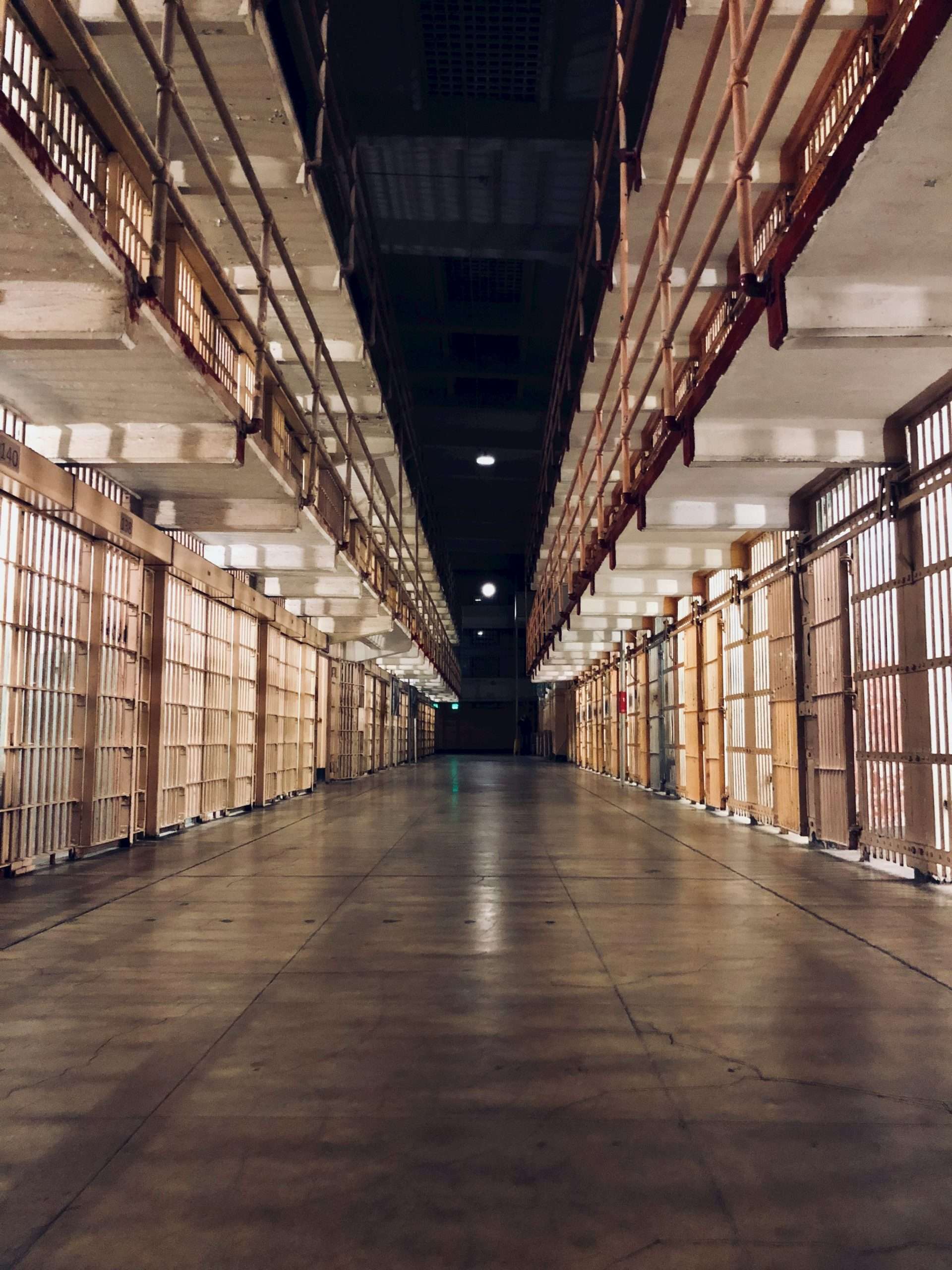Today we celebrate Juneteenth, a day to commemorate the end of slavery in the United States. The name “Juneteenth” comes from a combination of “June” and “nineteenth,” the day in 1865 when enslaved African Americans in Galveston, Texas, finally learned they were free.

The history of Juneteenth dates back to the Emancipation Proclamation issued by President Abraham Lincoln on January 1, 1863, which declared that all enslaved people in Confederate states were to be set free. However, it took over two years for this news to reach Texas, the most remote of the Confederate states, due to the lack of communication and enforcement of the proclamation.

On June 19, 1865, Union soldiers led by U.S. Maj. Gen. Gordon Granger arrived in Galveston and issued General Order No. 3, which informed the people of Texas that all enslaved people were now free. This momentous occasion marked the true end of slavery in the United States.
The National Museum of African American History And Culture writes, “Even though the Emancipation Proclamation was made effective in 1863, it could not be implemented in places still under Confederate control. As a result, in the westernmost Confederate state of Texas, enslaved people would not be free until much later. Freedom finally came on June 19, 1865, when some 2,000 Union troops arrived in Galveston Bay, Texas. The army announced that the more than 250,000 enslaved black people in the state, were free by executive decree. This day came to be known as “Juneteenth,” by the newly freed people in Texas.”

General Order No. 3 now hangs in the National Archives Building and states:
“The people of Texas are informed that, in accordance with a proclamation from the Executive of the United States, all slaves are free. This involves an absolute equality of personal rights and rights of property between former masters and slaves, and the connection heretofore existing between them becomes that between employer and hired labor. The freedmen are advised to remain quietly at their present homes and work for wages. They are informed that they will not be allowed to collect at military posts and that they will not be supported in idleness either there or elsewhere.”
The National Archive notes: “While the order was critical to expanding freedom to enslaved people, the racist language used in the last sentences foreshadowed that the fight for equal rights would continue.”

It is that fight we celebrate today, and continue as a nation the fight for the freedom of all of our citizens. Juneteenth is a day to remember how far we have come in this fight, and to look forward and how far we still have to go. And it is now both a state and federal holiday: In 1979, Texas became the first state to make Juneteenth an official holiday; several others followed suit over the years. In June 2021, Congress passed a resolution establishing Juneteenth as a federal holiday.





















